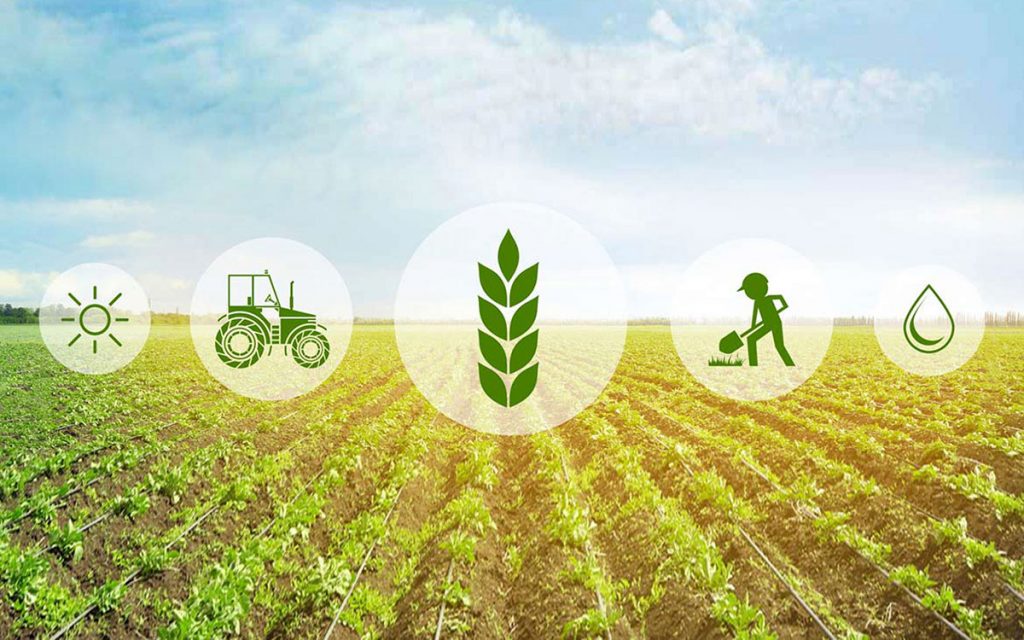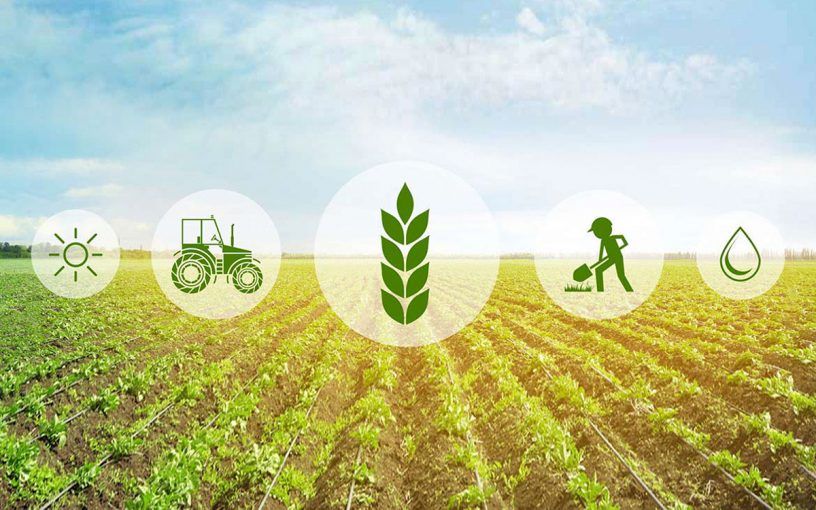
This article summarizes existing worldviews on the role of farmers’ social networking/learning on agrarian development, with special emphasis on India.
Authors
Sriroop Chaudhuri, Co-Director, Center for Environment, Sustainability and Human Development (CESH), Jindal School of Liberal Arts and Humanities, O.P. Jindal Global University, Sonipat, Haryana, India.
Mimi Roy, Co-Director, Center for Environment, Sustainability and Human Development (CESH), Jindal School of Liberal Arts and Humanities, O.P. Jindal Global University, Sonipat, Haryana, India.
Louis M. McDonald, Davis College of Agriculture, Natural Resources and Design, West Virginia University, Morgantown, West Virginia, USA.
Yves Emendack, U.S. Department of Agriculture-Agricultural Research Service (ARS), Lubbock, TX, USA.
Summary
Sustainable agrarian development has emerged as a key agenda in many recent global development dialogues, owing to its intimate links with rural development. Agrarian development paradigms, however, mostly root for technocratic solutions (agro-systems’ modernization), overlooking the social dimension (social networking/learning) of agricultural innovation.
In view of the above, this reflective article summarizes existing worldviews on the role of farmers’ social networking/learning on agrarian development, with special emphasis on India. Cyclic interactions between water (irrigation), food (agriculture) and energy have led to dire socioenvironmental crises (e.g., groundwater depletion, energy shortage, irrigation systems’ failures, food insecurity, livelihood loss, etc.) in India that demands focused policy interventions. Under the circumstances, participatory action via farmers’ social networks provides an effective tool to harnesses resilience.
With illustrative examples from India and the world, the study demonstrates that social learning is key to adoption of new paradigms (new technology/crop/cropping methods, etc.). Dissemination of new knowledge/idea is fundamentally keyed to extent of farmer-to-farmer interaction (friendship-/peer-advising network).
In the process, the study highlights key barriers to establish functional networks among farming communities. Particular emphasis is laid upon the Water Users’ Association in India, to enumerate growing concerns around farmers’ involvement in Participatory Irrigation Management schemes. Pitfalls in existing network literature are highlighted, ranging from sampling issues to unaccounted effects of “unobservable” variables.
The final section attempts to outline certain strategic interventions that might be pursued at the policy level to harness social capital. Overall, the study was a plea to the concerned authorities, research bodies and stakeholders in India, to forge substantive collaborations for new knowledge creation in the theory and practice of social networking/learning and identify contextualized means to integrate them in the development matrix.
Published in: Environment, Development and Sustainability
To read the full article, please click here


